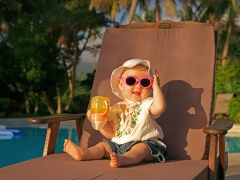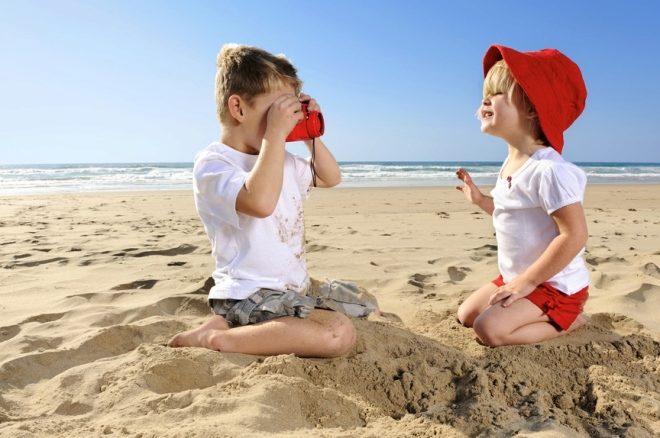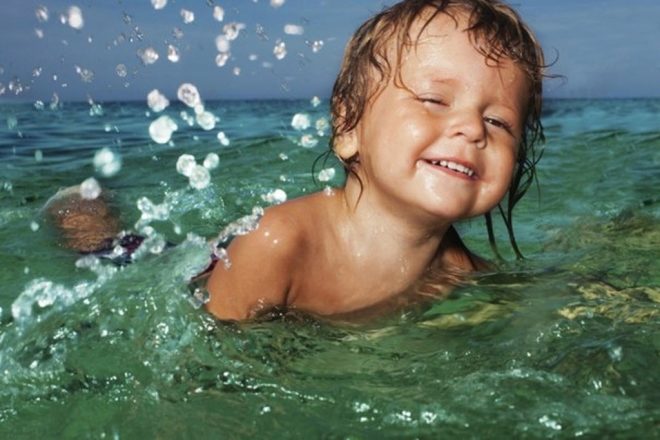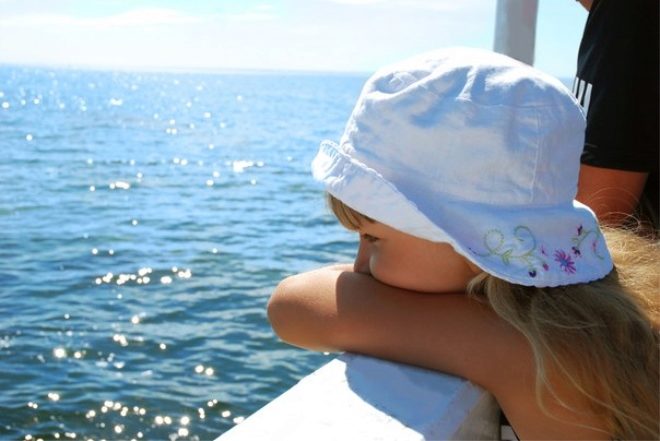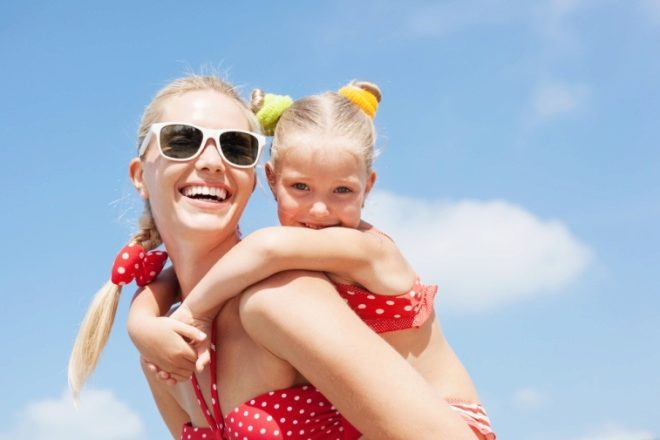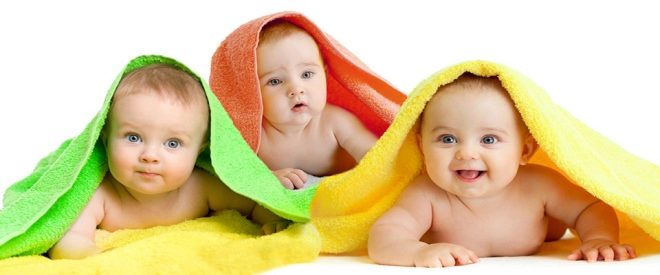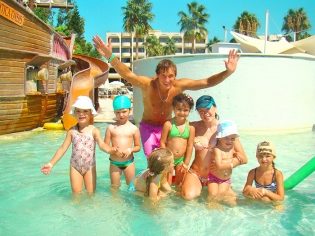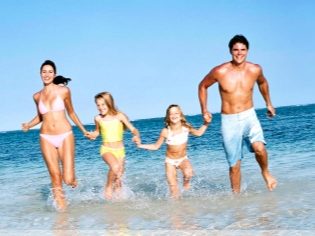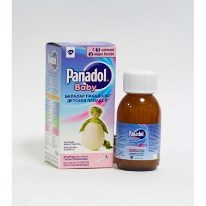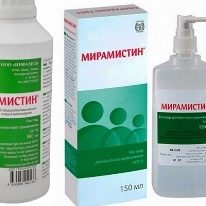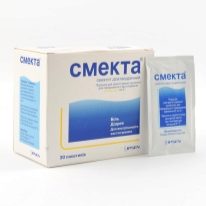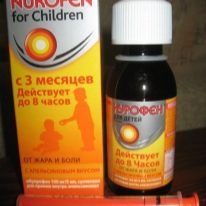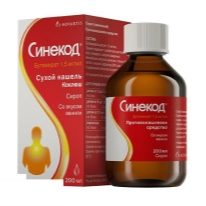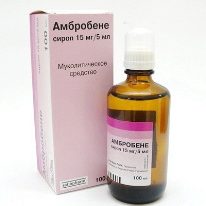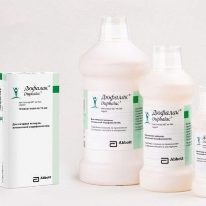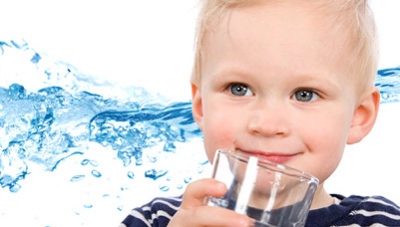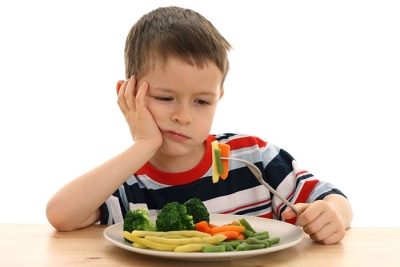Acclimatization in children at sea
According to statistics, over 80% of Russians constantly dream about the sea. And the birth of a baby in the family now is practically not a reason to postpone the long-awaited trip to the sea. If you are going to spend your holidays on the beach, taking your young child with you, you should consider many factors so that the baby can go through the difficult trials of the period as easily as possible. acclimatization on the sea coast.
Children who do not acclimatize, the world does not happen. But for some children, it passes in a manner unnoticeable to the parents.
But everyone needs to know all of her signs and how to help her crumble.
Distinctive signs and symptoms
Immunity of the baby after birth is formed for quite a long time, and therefore it is harder for him to change climate, time zones, long journeys and flights. What happens to the baby?
His immune defense, accustomed to a certain composition of air, water, temperature, which are characteristic of his permanent place of residence, when exposed to new conditions of living on the sea, begins to work like a disease. In stress mode, the children's body reacts to external stimuli immediately.
The stronger the conditions in which the peanut fell into, differ from those familiar to him, the more aggressive the immune response to climate change. For example, if a child resides in the northern region, and he was unexpectedly brought to hot subtropics. Or, conversely, when a crumb living in Sochi, goes on a trip to Karelia or Siberia.
The severity of acclimatization depends on the overall health of the baby, his age. The younger the child, the harder it is for him to get used to drastic changes in the environment.
And in the next video we will find out what Dr. Komarovsky thinks about acclimatization and rest with children in general.
For many babies, the first signs of the beginning acclimatization appear already on the second day after arriving at the resort.
Outwardly, they will remind parents of the common symptoms of a cold or ARVI:
- The temperature rises. Most often, it is up to average values (37.0-37.5), but occasionally it can be even higher - up to 38.0-38.5.
- Respiratory symptoms appear. A child may have a red throat, a runny nose, a cough.
- Digestion is impaired. The baby may begin diarrhea, vomiting, in very young children, gas production increases, and colic attacks become more frequent.
- Behavior is changing. Usually a lively and inquisitive little hornet may begin to get depressed, ceases to be interested in what is happening. A calm and well-balanced child suddenly becomes whiny and irritable. Some children start to sleep poorly with the beginning of acclimatization, others become lethargic and want to sleep almost constantly.
Acclimatization is the hardest in children aged 0 to 3 years. Preschoolers and younger students is somewhat easier, especially if they had already traveled before. After all, each period of acclimatization is “postponed” in the memory of the immune system, it is improved and becomes stronger, ready to adapt more quickly to changing external conditions.
On average, acclimatization in children lasts from 4 to 7 days, in infants much longer - up to three weeks.
What to do?
Special treatment for acclimatization is not provided, however, in some cases, you can use some symptomatic medications (for cough or runny nose).It is not necessary to feed the baby with pills, because acclimatization is a completely natural process, and even necessary for a child’s body.
Parents cannot in any way influence the length of the period of children's acclimatization, but they must try to make this period more lenient.
To make it easier for the baby to adapt to the new climate, it is necessary to prepare it for acclimatization in advance. If you know that you have to change time zones, a couple of months before the trip, begin to shift the bedtime and the baby’s wake-up time by 10-15 minutes every day. So the baby will be easier to maintain the usual routine in a different daylight hours.
It will be great if a pediatrician assigns a vitamin-mineral complex appropriate for age to a child a month before a vacation to the sea. This will help the child's body to become stronger.
And in this video, Doctor Komarovsky will tell us whether it is worth going to the sea with a child or not, what age will be optimal and what difficulties may arise.
It is important to take into account the period of habituation of the child to new conditions and the time of your vacation. If you decide to spend it at sea, remember that acclimatization will last up to a week, and in an infant - more than 20 days. To this period, you need to add at least another week so that the baby can get a healing effect from being on the coast. Otherwise, it is waiting for a double shock - first acclimatization, and then, upon returning home, re-acclimatization.
Reacclimatization
At first, the immunity of the toddler hardly reconstructed to new environmental conditions, and then it was abruptly brought back. There is a so-called reacclimatization, acclimatization after the sea.
Its symptoms are almost the same as during acclimatization, but they are often less pronounced and the period of “immune restructuring” is generally much easier.
To help your child cope with this difficult task, you should not immediately return him to the usual rhythm of life. Let him get enough sleep and rest after the arrival. It is advisable not to take him immediately to a kindergarten or educational institution. If the symptoms of reacclimatization are delayed for three or more days, call the doctor; the baby may need to consult a specialist.
Choosing a place and a rest period
To acclimatize your child was not difficult and protracted, it is necessary to take into account the peculiarities of the health status of the baby, its immune status and age when planning a vacation at sea.
- The choice of a place of rest. Infants are not recommended to leave farther than their region. Their immunity is still very weak, for him a long journey and a new hot climate will be a severe test. Children from 1 year to 3 years will not hurt travel to countries with a climate similar to the usual for them. It is better for preschoolers and younger students to stay away from exotic countries, during the period of acclimatization their immunity is vulnerable, and tropical viruses and infections are not asleep. Teenagers can travel without restrictions.
- Select a rest period. We already know that in order to benefit children, we should add at least a week to the average acclimatization period. Thus, with the baby on the sea you need to go for 30 days, with children from 3 years and older - for 14-21 days. The smaller the child, the less crowded the beach should be. Therefore, it is advisable to travel with the children of the first three years of life to the sea in early June or in the first weeks of September.
- “Unpopular” tourist seasons are best for young parents. It is better to go to Turkey with a child in late May - early June or in September and early October. AT Thailand and on Cyprus it is advisable to go with the baby in April-May, October. Abkhazia, Crimea, resorts of the Krasnodar Territory are optimal for kids in June and September.
- Choosing a way to travel. If you decide to go to the sea with a child, it is better to stop the choice. by train or car. The move will be longer, however, acclimatization will occur smoothly and gradually.Flying faster on the plane, and for a few hours Krokhin immunity simply does not have time to start taking adaptation measures, as a result, the child can wait for a harder period of acclimatization.
It is completely undesirable to take the child to the sea for the New Year holidays. For the kid, the leap from winter to hot summer is very harmful.
What to take in the first aid kit?
Pharmacies, of course, are everywhere, but have your own road first aid kit A family traveling with a child is simply obliged. Form it before the holiday, taking into account the different variations of acclimatization of the child. In the traveling first-aid kit should be:
- Children's antipyretic drugs ("Panadol", "Nurofen", etc.)
- Children's broad spectrum antiviral drugs ("Orvirem"," Viferon "and others)
- Nose drops from a cold ("Nazivin children", "Rinofluimucil" and etc.).
- Syrup or cough syrup (Ambrobene, Sinekod, etc.).
- Antiseptic ("Miramistin"And so on.).
- Remedies for vomiting and diarrhea or constipation ("Smecta"," Hilak Forte ","Duphalac" etc.).
- Thermometer, plaster, bandage and baby cream.
How to facilitate the period?
To ease the child during the acclimatization period, ordinary drinking water will help. Take a few bottles from home, because the composition of the “homemade” water is familiar to the baby. And when the supply is over, water the child not with “resort” water, but with bottled purified water from the store.
Do not feed the child local food. If he does not want to eat something, do not insist. Children under one year do not need to introduce complementary foods and new products during the period of acclimatization.
You should not take the kid to the sea on the first day after arriving at the resort. He needs to give time to breathe new air, get used to the sun.
Do not break the routine of life, let the child eat, sleep and walk at the same time, in what he does it at home.
Tips of Dr. Komarovsky
Yevgeny Komarovsky, a reputable pediatrician, argues that flights on an airplane for children are not harmful, the only age at which air overloads are not safe is from 0 to 4 months. Older children can fly very well. When rocking, the doctor recommends taking light preparations for the normalization of the vestibular apparatus, the children's forms of which are now represented in all pharmacies.
Acclimatization will not be a big problem, according to Komarovsky, if parents do not make the most common mistakes: forcing the child to eat a lot at the resort, dragging him into the water by force, neglecting daytime sleep and a clear regimen.
The doctor advises to collect the first-aid kit only "just in case", it is desirable to use it as little as possible so that the immunity of the growing man can cope with the difficulties on his own.
You can also watch the cycle from the transfer of Doctor Komarovsky about traveling with a child and the nuances that you just need to take into account.
